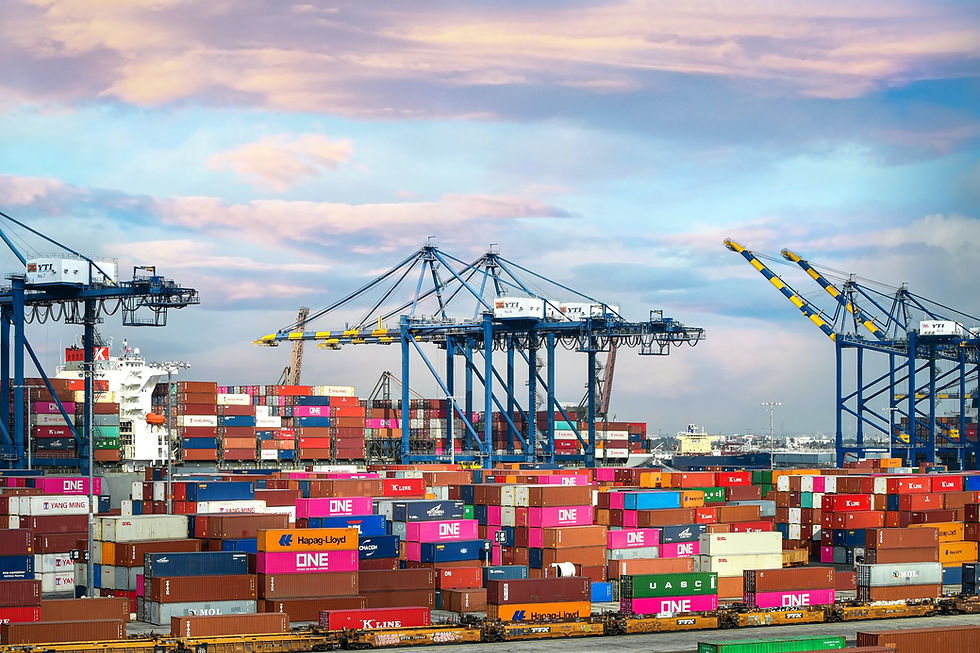The Strategic Role of a Customs Broker in International Trade
- Metin Özbilek

- May 28, 2025
- 2 min read
In the fast-paced world of international trade, customs brokers stand as one of the most essential players in ensuring the smooth, lawful, and timely movement of goods across borders. Their primary duty is to manage import and export operations in full compliance with regulations—minimizing delays, avoiding costly errors, and safeguarding businesses from legal risks.
A licensed customs broker acts on behalf of companies and individuals to handle all customs-related transactions. From preparing required documentation to finalizing the clearance process, they provide expert guidance and representation throughout every step of the trade journey.
Key Duties and Responsibilities of a Customs Broker
1. Managing Customs Procedures from Start to FinishCustoms brokers oversee every stage of customs clearance, ensuring all official documents such as declarations, shipping papers, and invoices are correctly prepared and submitted. Their goal is to complete procedures without delay, allowing clients to focus on their core business.
2. Legal Compliance and Professional ConsultancyWith trade regulations constantly evolving, brokers stay informed about legislative updates and guide their clients through compliance. They help companies avoid legal pitfalls, assess potential risks in trade transactions, and provide strategic advisory services.
3. Calculation of Taxes and DutiesBrokers ensure the accurate calculation and payment of import duties, customs taxes, and other associated charges, safeguarding their clients from financial penalties or transactional errors.
4. Representation and Shared ResponsibilityActing as the official representative of their clients, customs brokers submit declarations and bear joint legal and financial responsibility for the accuracy of the data provided in customs procedures. They are accountable for fulfilling all obligations tied to the customs regime in question.
5. Coordination of Inspections and AuditsFrom coordinating physical inspections to being present during customs audits, brokers protect their clients' interests and provide on-the-spot solutions when needed.
6. Recordkeeping and Document StorageIn accordance with Commercial Law and Tax Procedure Law, customs brokers are obligated to maintain detailed records of all transactions and retain relevant documents for a minimum of five years.

How to Become a Customs Broker
The path to becoming a customs broker in Türkiye typically involves:
Completing a four-year undergraduate degree
Gaining hands-on experience as an assistant customs broker (usually for two years)
Passing government examinations on customs legislation and international trade
Fulfilling internship requirements and obtaining an official license from the Ministry
Work Scope and Significance in the Business World
Customs brokers may operate independently, partner in a customs consultancy firm, or work directly within a company’s import/export department. Their services are particularly critical in sectors with intense cross-border trade, where navigating customs laws is crucial to maintaining operational efficiency.
At its core, customs brokerage is a profession that demands trust, deep expertise, and precise knowledge of both legal and logistic frameworks. It accelerates trade while reinforcing state control over tariffs and regulatory compliance.



Comments